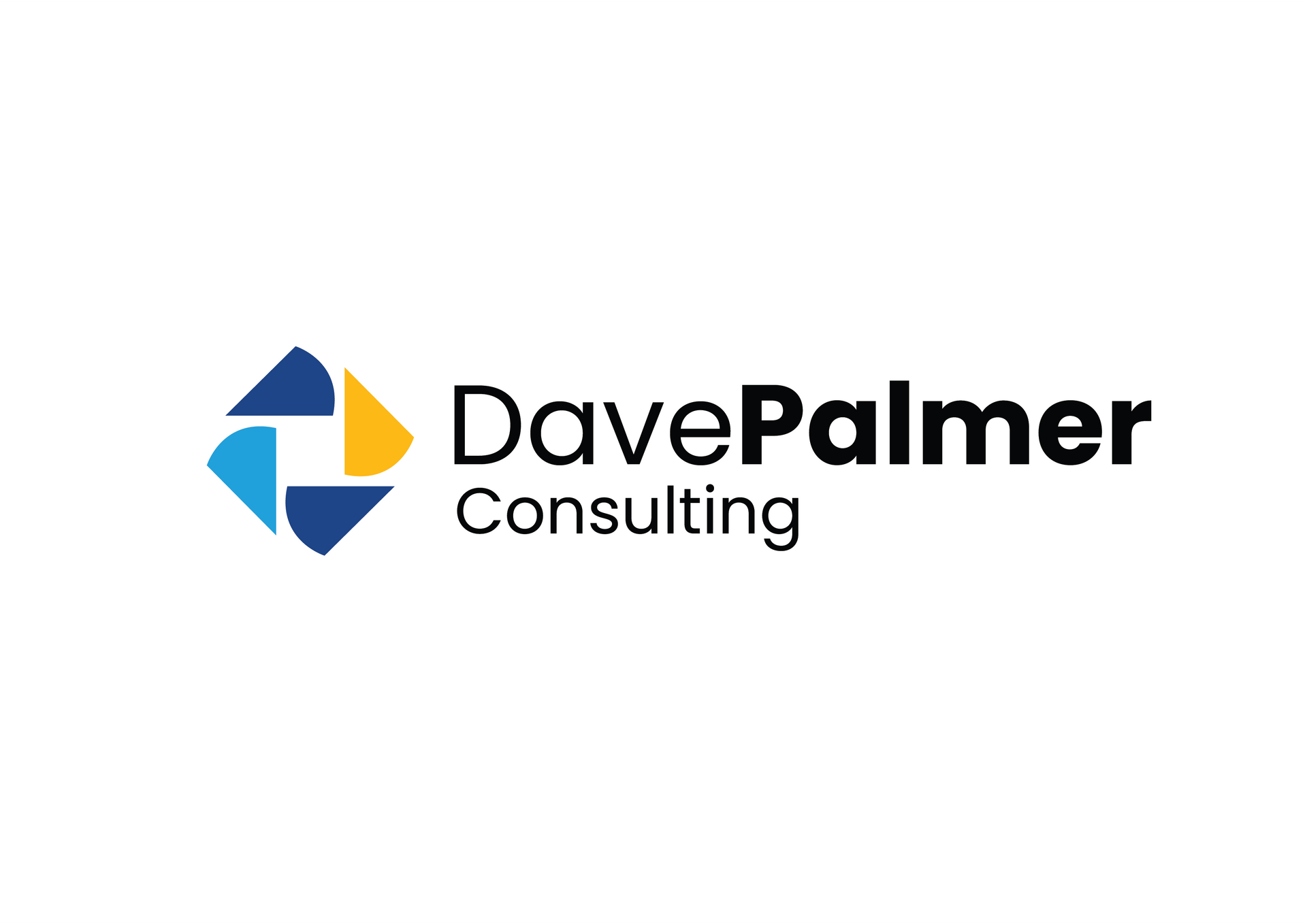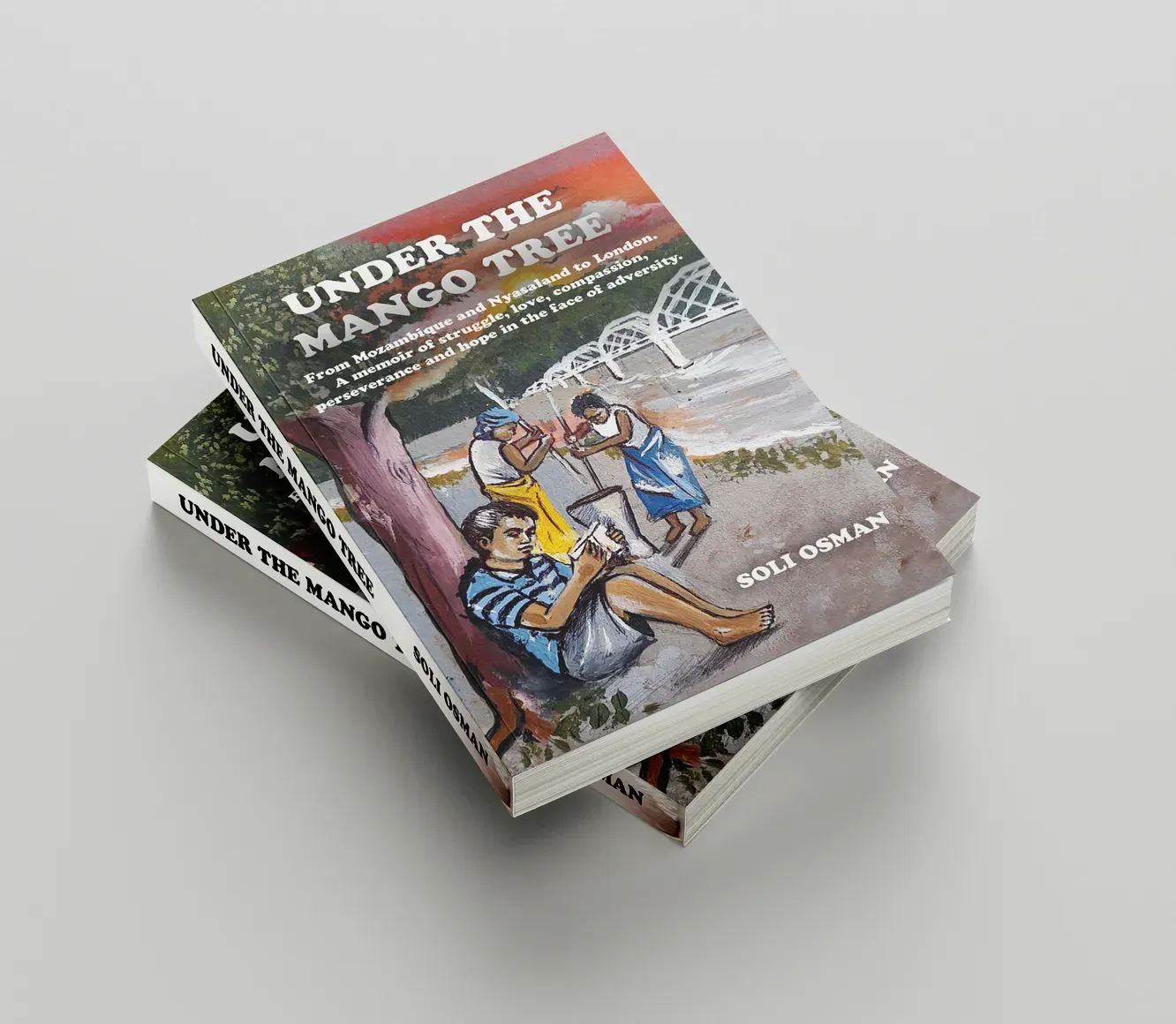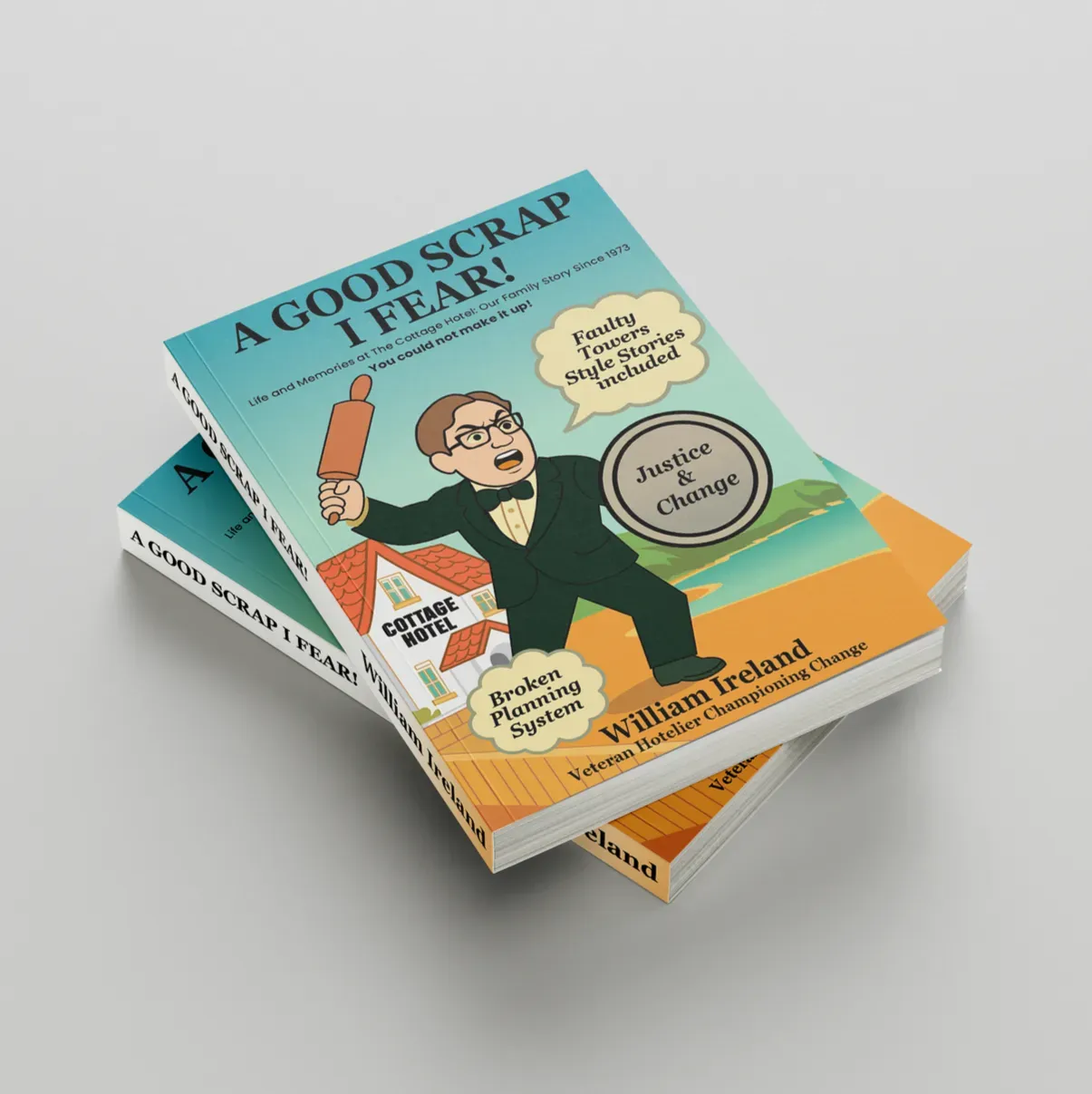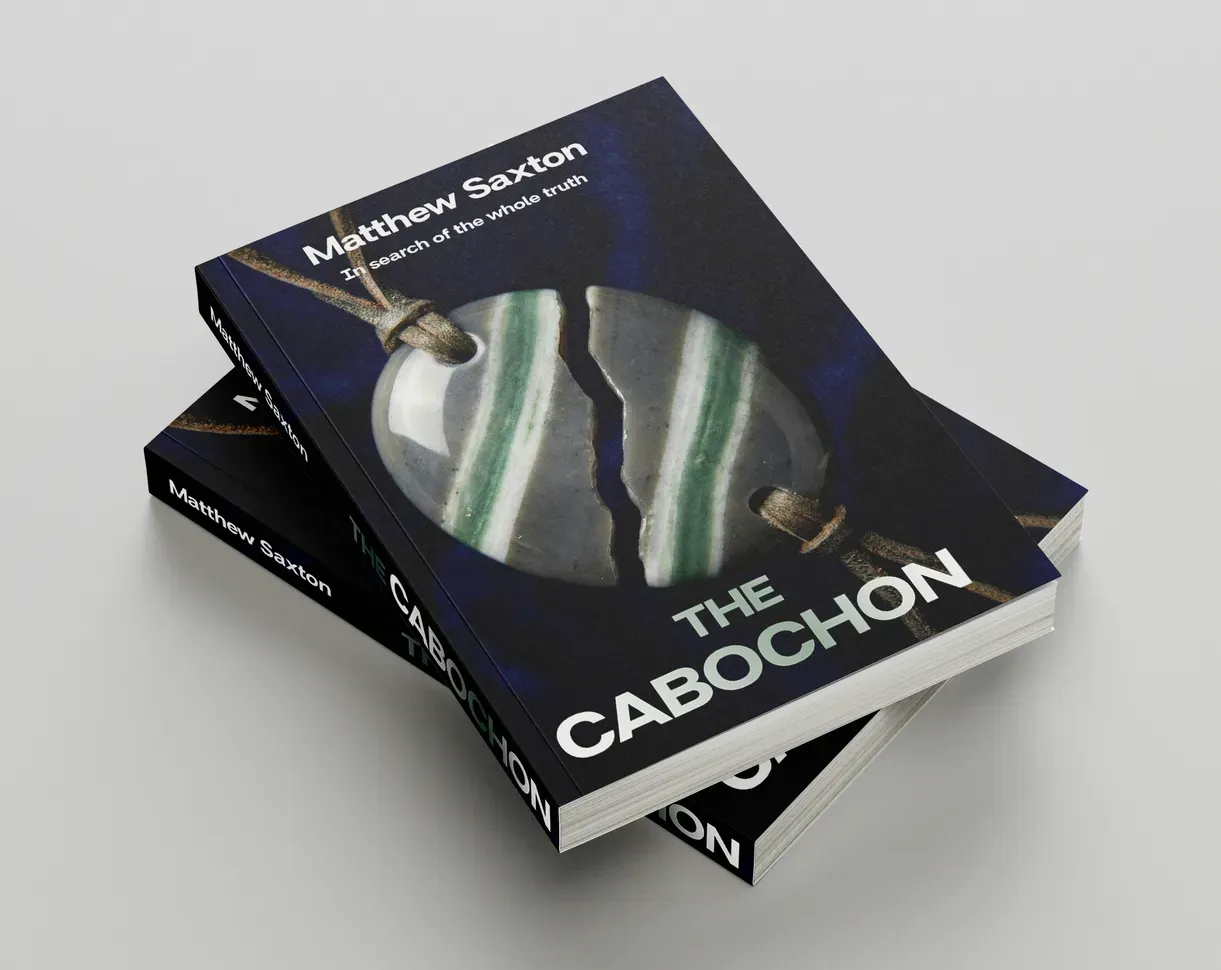From Victim to Best Seller: My Journey Through the Publishing Scam Maze
When you’re writing your first book, the dream is simple — to hold your finished work in your
hands, see it in bookshops, and share it with readers around the world. For me, that dream
almost died before it began.
Before I was a best-selling author, I was just like many aspiring writers: passionate, hopeful, and
trusting. I believed that if I worked hard on my manuscript and partnered with the right publisher,
my book would get the professional treatment it deserved.
I was wrong.
The Beginning: A Dream Taking Shape
Like many first-time authors, I didn’t have an inside track to the publishing industry. I’d never
met an agent, and I had no contacts in the world of book production. What I did have was
enthusiasm, a completed manuscript, and a willingness to invest in my own success.
I started researching my options.
● Traditional publishing offered prestige, but getting noticed by an agent was a slow and
competitive process.
● Self-publishing offered speed and control, but I didn’t have the skills or confidence to
handle editing, design, and marketing alone.
That’s when I found hybrid publishing. It was marketed as the best of both worlds: the control of
self-publishing with the expertise of a traditional publisher.
The company I discovered had:
● A professional-looking website with carefully worded promises.
● Testimonials from “happy authors” (I would later learn these were not always genuine).
● A sales team who reassured me they would handle “everything” so I could focus on
writing.
It felt like the answer I’d been searching for.
The Reality: A Costly Mistake
After some back-and-forth emails, I signed the contract. The total cost was several thousand
pounds — not cheap, but I reasoned it was worth the investment for a professionally published
book.
Then the cracks began to show.
● Editing was superficial. The feedback I received was minimal, often correcting typos
but ignoring deeper structural or pacing issues. I began to wonder if anyone had truly
read my book with care.
● The cover design was uninspired. It didn’t reflect my genre or target audience, and
when I asked for changes, I was told revisions would cost extra.
● Marketing was a vague afterthought. The promised “campaign” amounted to a press
release sent to an unverified list and a handful of generic social media posts.
When I questioned the quality of the work, I was met with polite but empty reassurances.
Sometimes my emails went unanswered for days. It became clear that my success was not their
priority — getting my payment had been.
By the time my book was technically published, my excitement had been replaced by
disappointment. I had spent thousands, but the product I received was a shadow of what I’d
envisioned.
The Turning Point
At that point, I faced a choice:
● Accept the loss, live with a subpar book, and quietly move on.
● Or take back control and do it properly.
I chose the second option.
I spent months learning how the publishing process really worked. I researched professional
freelance editors who actually understood my genre, commissioned a custom cover designer
whose work impressed me, and learned about distribution and metadata so my book could be
found by real readers.
I re-edited, redesigned, and relaunched my book under my own steam. The difference was night
and day. This time, the reviews were positive, sales started to climb, and my book reached the
audience I’d always dreamed of. Eventually, I became a best-selling author — something I
never would have achieved if I’d stuck with that first disappointing version.
Why I Started Dave Palmer Consulting
That experience left a deep mark on me. I realised that for every author like me who fought
back, there were countless others who walked away from publishing altogether — discouraged,
out of pocket, and doubting their own talent.
I created Dave Palmer Consulting to change that. My mission is to give authors:
● Honest, transparent advice before they spend a penny.
● Professional, industry-standard services that genuinely help them succeed.
● A partner they can trust, who’s been through the pitfalls and knows how to avoid them.
Whether an author needs editing, cover design, formatting, marketing, or the full publishing
package, they retain 100% of their rights and have a clear understanding of every cost and
deliverable from day one.
Helping Others Avoid the Pitfalls
Since starting DPC, I’ve worked with authors across the UK and beyond, guiding them from
manuscript to finished book without the risks I faced.
Some come to me before they publish, looking for a safe, professional path. Others come after
a bad experience, determined to fix the damage. In both cases, my role is the same: protect
their work, provide quality services, and restore their confidence.
I often tell new authors:
“Your book is more than a product — it’s part of you. Don’t trust it to someone who
sees you as nothing more than an invoice.”
Key Takeaways for New Authors
If you’re thinking about publishing your book, remember:
● Research deeply — Don’t rely solely on testimonials found on a company’s website.
● Never sign under pressure — Real professionals won’t rush you into a decision.
● Know your rights — Retaining ownership of your work is non-negotiable.
● Ask for specifics — If a publisher can’t give you detailed examples of their marketing
results, be cautious.
● Trust your instincts — If something feels off, it probably is.
Final Word
I share my story not because I enjoy reliving it, but because I know there’s another writer out
there — perhaps you — standing where I once stood, pen in hand, ready to sign a deal that
could cost far more than money.
Publishing your book should be one of the proudest moments of your life. With the right support,
it can be.
Dave Palmer Consulting exists to make sure that every author I work with can publish with
confidence, pride, and complete peace of mind.
















